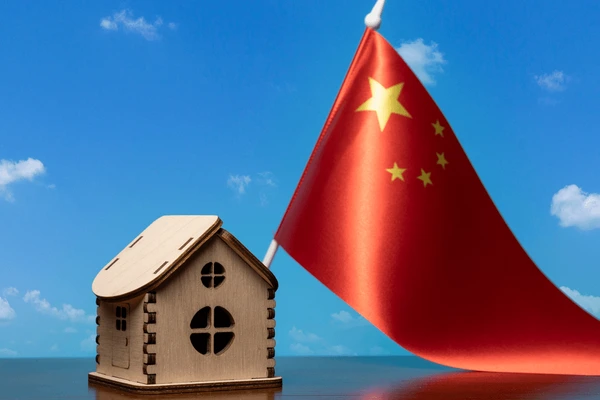
As China faces mounting concerns over the liquidation of the Evergrande Group, the nation has launched significant new measures to support its property sector, marking a pivotal move towards stabilizing the economically crucial industry. Amidst an ongoing debt crisis, the introduction of the “whitelist” mechanism and the relaxation of home-buying restrictions in major cities underscore Beijing’s intensified efforts to rejuvenate the market.
Revitalizing the Property Sector
In a bid to counter the adverse impacts of Evergrande’s liquidation and invigorate the property market, China has implemented a series of strategic measures. The “whitelist” mechanism stands out as a novel approach, granting a state-backed property project in Nanning, Guangxi, a development loan of 330 million yuan from China Mingsheng Banking Corp. This initiative aims to streamline financing for projects deemed vital for economic stability, with over 400 developments across Suzhou, Shanghai, and Chongqing already identified for support.
Furthermore, easing home-buying restrictions in Suzhou and Shanghai, following Guangzhou’s lead, represents a direct attempt to bolster demand among homebuyers. However, despite these interventions, market response has been tepid, with notable declines in key real estate indices.
Addressing Homebuyer Sentiment and Market Challenges
The property sector’s challenges are compounded by the recent court-ordered liquidation of Evergrande, once a top developer with over $300 billion in liabilities. This has instigated caution among potential homebuyers, wary of the financial stability of other private developers. Nonetheless, analysts like Christopher Beddor of Gavekal Economics and Jonathan Krane of Krane Shares express optimism that government prioritization will ensure the completion of promised homes, albeit recognizing the potential for a long-term shift in the economic contribution of real estate towards technology and consumer services.
Strategic Outlook and Economic Implications
The Chinese government’s proactive measures, including the “whitelist” mechanism and relaxation of purchasing restrictions, signify a strategic pivot to address the property sector’s downturn. With the property market experiencing its worst decline in nearly nine years, these policies aim to mitigate further economic repercussions and support broader recovery efforts.
Despite the strategic consolidation of rural lenders and the introduction of supportive policies, the property market’s stability remains uncertain. With the sector’s bad-loan ratio escalating, particularly among rural cooperative banks, China’s banking industry faces heightened risks. The liquidation process for Evergrande’s offshore creditors, as highlighted by S&P Global Ratings, further complicates the financial landscape, potentially extending the path to market stabilization.
China’s concerted efforts to stabilize its property sector amidst the Evergrande crisis reflect a comprehensive approach to mitigating financial risks and fostering economic recovery. Through strategic support measures and policy adjustments, the government aims to navigate the challenges of a fragile real estate market, ensuring a gradual but steady path towards stabilization.
Featured image credit: Paymaster via Shutterstock
